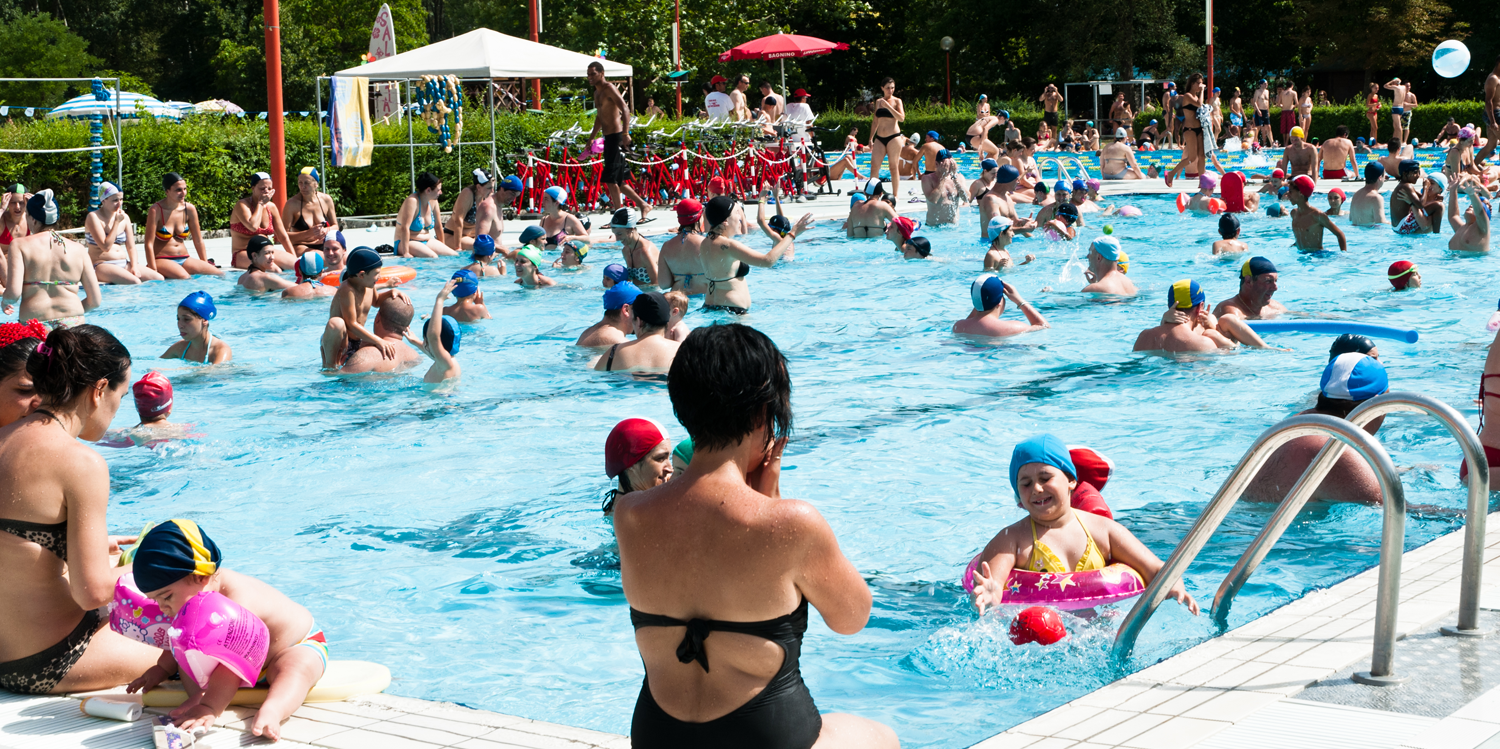General practitioners and other health professionals are urged to be aware of a spike in local cases of cryptosporidiosis.
More than twice the number of cases has been recorded in WA this year as were recorded at the same time last year, prompting a warning from WA Health.
While 248 cases were recorded in the first three months of 2024, a total of 536 cases had already been recorded as of March 18, WA Health data showed.
Most of the recent cases have been in the Perth metropolitan area, with an average of 70 cases a week notified throughout the state in February.
The disease is caused by a microscopic parasite known as Cryptosporidium, which causes an infection of the gastrointestinal tract.
It can easily spread from person-to-person in households, childcare facilities, and via swimming pools, waterparks, interactive fountains, and spas.
AMA(WA) President Dr Michael Page said GPs can play a role in ensuring people are aware the disease is in the community at a higher rate than usual.
“The public health messaging is important in terms of making sure people are washing their hands if they’re involved in food preparation, making sure children who have had diarrheal illnesses aren’t going in public swimming pools for at least a couple of weeks after their symptoms resolve,” he told Medical Forum.
People who have had diarrhoea are advised not to enter any sort of water facility for at least two weeks after they have made a full recovery.
Dr Page said given the spike in cases, especially in Perth: “I think I’d be avoiding public swimming pools just at the moment, with so much of it around.”
As well as diarrhoea, the most common symptoms of cryptosporidiosis include stomach cramps and sometimes fever, nausea and vomiting.
There is no specific treatment for the infection and symptoms may last a few weeks in some people.
It could take up to 12 days after exposure for symptoms to develop, and individuals may be infectious from the onset of symptoms until two weeks after symptoms resolve.
Certain groups are more at risk of severe illness if infected, including younger children, pregnant women and people with weakened immune systems.
RELATED: Climate changes human pathogens
The WA Health Department’s executive director of environmental health Dr Michael Lindsay also urged people to be aware of their symptoms and avoid swimming if they have been unwell.
“An infected person can pass on cryptosporidiosis to other people if they don’t wash their hands properly after going to the toilet,” he said.
“Waterborne transmission can happen when people accidentally swallow contaminated water while swimming in pools or other aquatic facilities.”
“People may not realise they remain infectious for some time after diarrhoeal symptoms stop, so that’s why we’re asking people to avoid swimming for two weeks after their symptoms cease.”
The parasite can survive for long periods in water and the environment and is not destroyed by regular chlorination.
“The Department’s key priority is the prevention of further cases through alerting people about hygiene measures at pools and precautions to reduce the risk of spread in childcare facilities and household settings,” Dr Lindsay added.
Want more news, clinicals, features and guest columns delivered straight to you? Subscribe for free to WA’s only independent magazine for medical practitioners.
Want to submit an article? Email [email protected]


